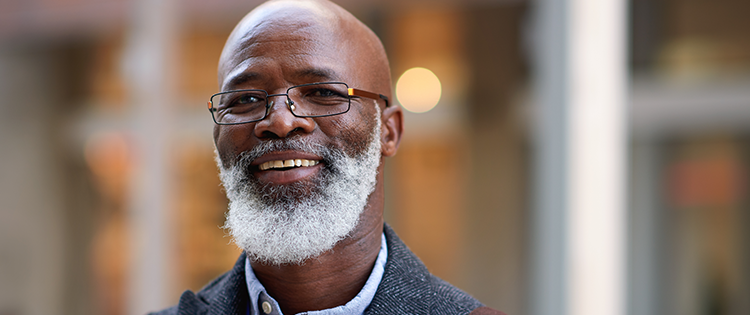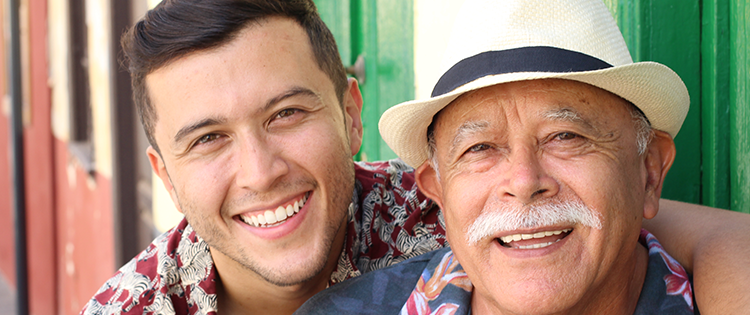Quitting smoking is hard, and there may be a lot of reasons why you don’t feel ready to quit right now. Think about why you’re hesitant to quit and what you can do to take steps toward setting a quit date.

Reasons Preventing You From Quitting
The reasons that prevent smokers from quitting are often similar. Are any of these worries standing in your way?
- Smoking relaxes me. Why are you tense to start with? Is it because you are low on nicotine? A lot of what you think is relaxation is relief from nicotine withdrawal. Most former smokers say they feel happier without cigarettes.
- I’ve tried before and didn’t make it. You didn’t fail. You practiced not smoking. Research shows that it usually takes a few tries before smokers quit for good.
- I’ll gain a lot of weight if I stop smoking. Fear of weight gain keeps some people from even trying to quit. And for people who do try and quit, weight gain can be tough to handle and can even make them consider going back to smoking. The good news is that you can take charge of your weight even while you are quitting smoking. Click on the links to learn exercise and healthy eating tips.
- When I’ve tried to quit before, I was uptight and restless, and I had trouble concentrating. These are common symptoms of nicotine withdrawal, but look at these symptoms as signs of recovery from nicotine addiction. They may be quite strong in the first few weeks after quitting, but they will go away soon. This site will show you ways to deal with symptoms of withdrawal including medication and other quit tools.
- I’d feel deprived if I quit smoking. I wouldn’t have as much pleasure in my life. Think instead about what you will be gaining—a new lease on life, freedom from being tied down to an addiction, better health, more energy, and renewed self-esteem.
- I’ve had a lot of changes in my life. Will I be able to add quitting smoking to the list? We live in times of change. You may be facing new pressures at work, or you may have recently lost a friend or a family member. All of these changes can be hard. But most former smokers found they had more energy to deal with these kinds of changes once they stopped smoking.
Have you had any of these problems in the past few years?
- Getting very tired in a short time
- Wheezing, trouble breathing, shortness of breath, frequent coughing, or heavy chest colds
- Emphysema, chronic bronchitis, chronic obstructive pulmonary disease (COPD), or asthma
- Tingling in hands and feet, bad circulation
- Pain, tightness in the chest, heart disease or heart attack
- Difficulty sleeping
- Cataracts
- High blood pressure
- Stomach ulcers
- Diabetes complications
- Sores in the mouth, bad gums, stale breath
- Bone density loss
By smoking, you could be making an existing medical condition worse, or causing health problems that you might not have if you didn’t smoke.
Have you tried to quit before?
Here are three tips to keep in mind to prevent a slip the next time you try to quit:
- Don’t let tough times take you back to smoking. Talk to someone supportive of your journey to quit smoking. Former smokers have also reported that exercise, prayer, and new hobbies can be helpful ways to handle cravings.
- Don’t be caught off balance. Distract yourself, try a cigarette substitute when you are in a situation that triggers smoking or if you have the urge to smoke. The urge will pass!
- One cigarette does not make you a smoker again. Don’t let that one cigarette be an excuse for going back to smoking. You are not doomed to be a smoker again. Learn from the slip. You will have more confidence next time you face temptation.






